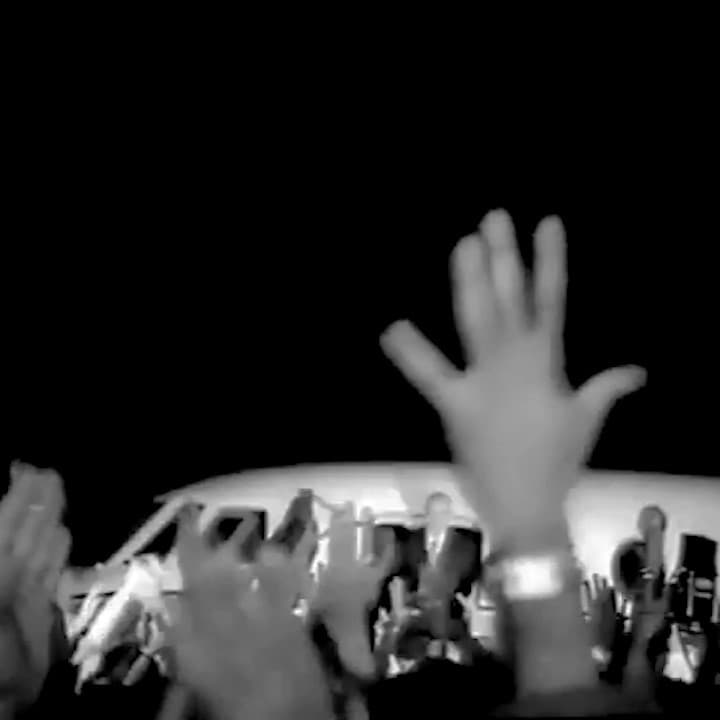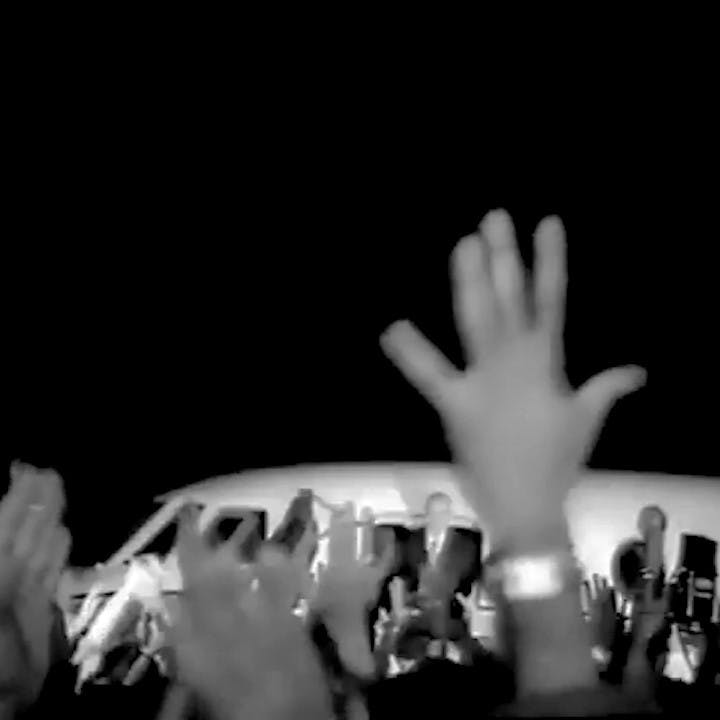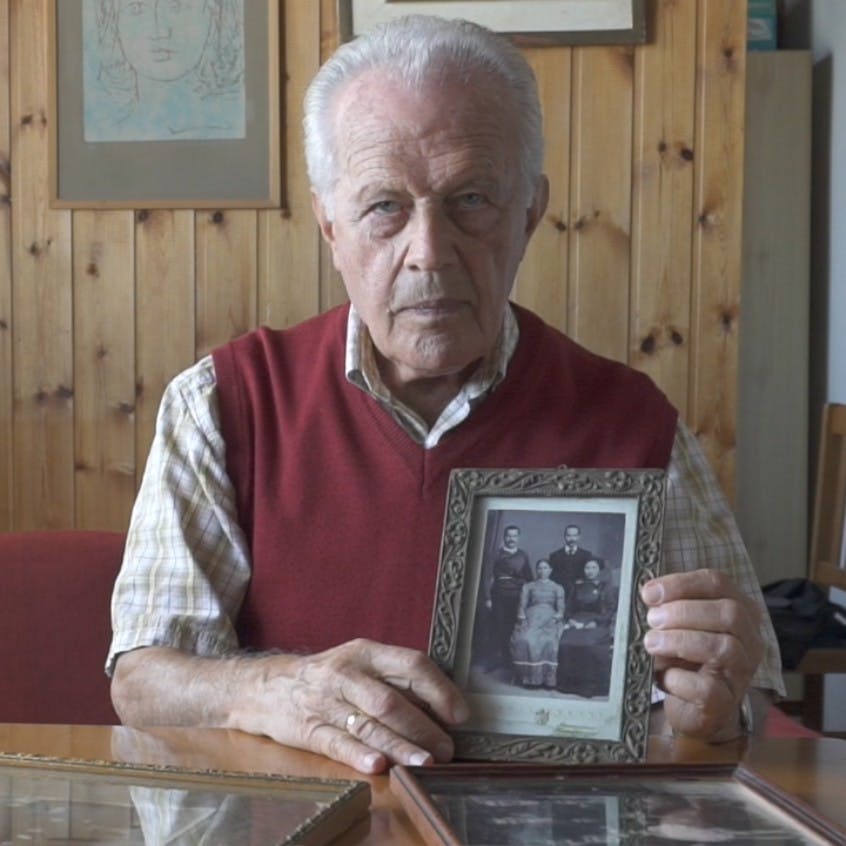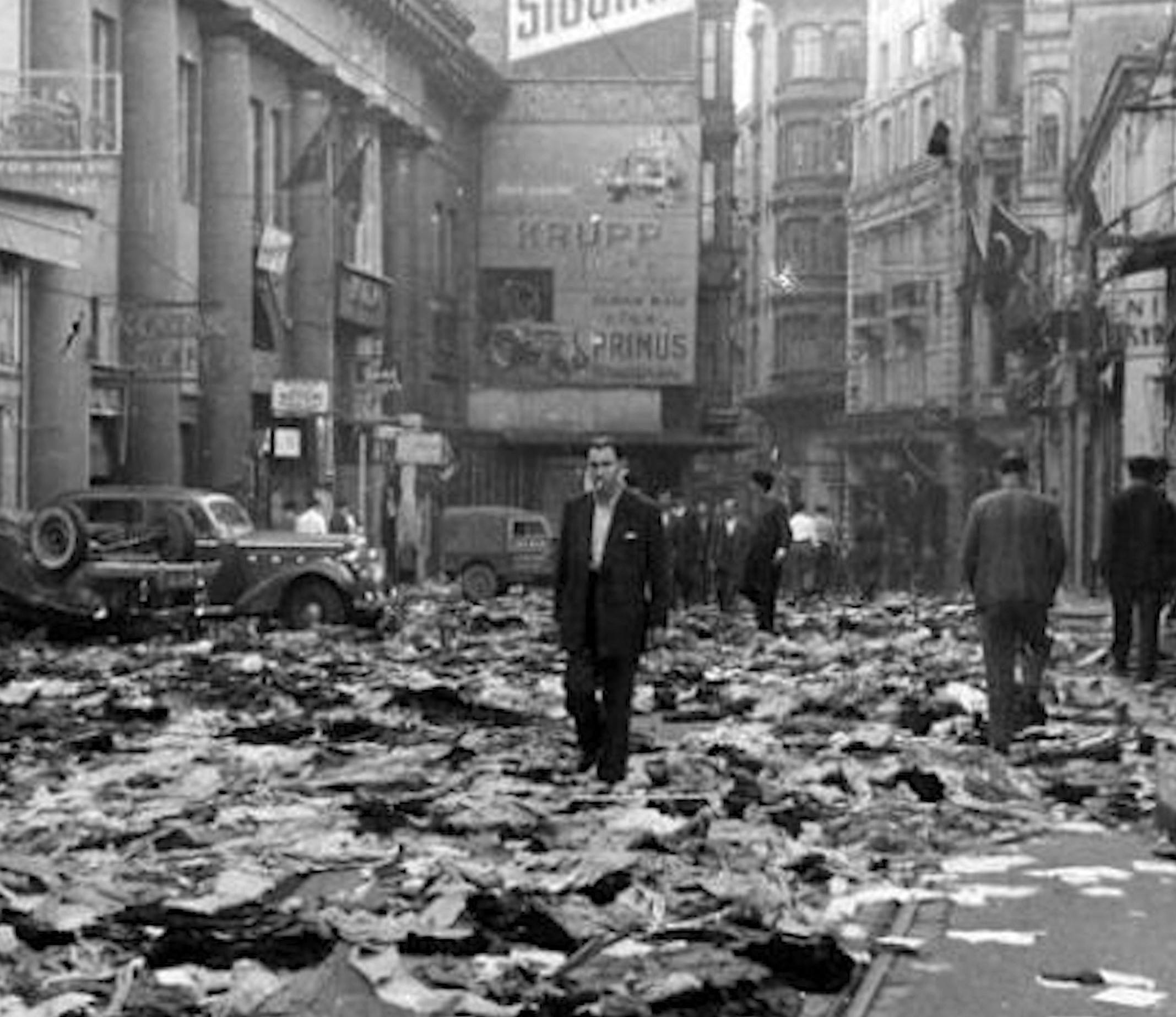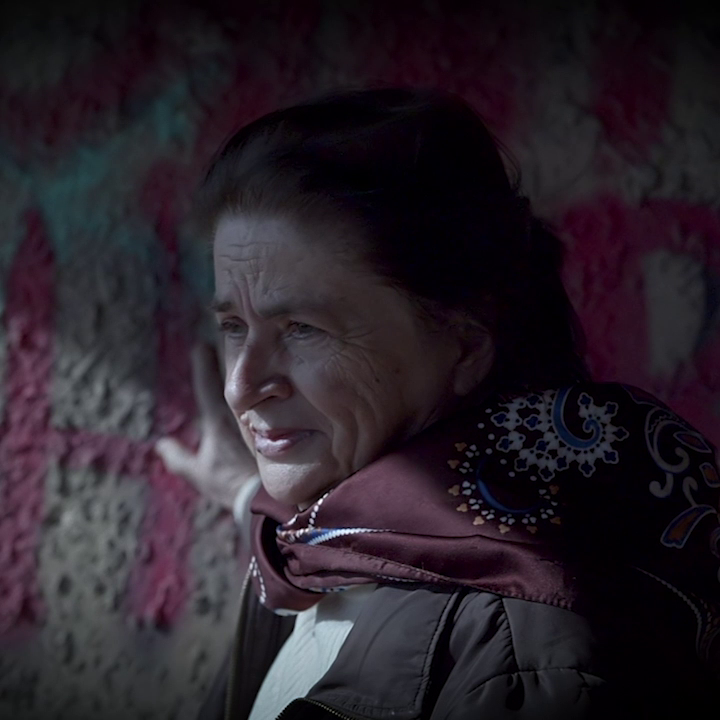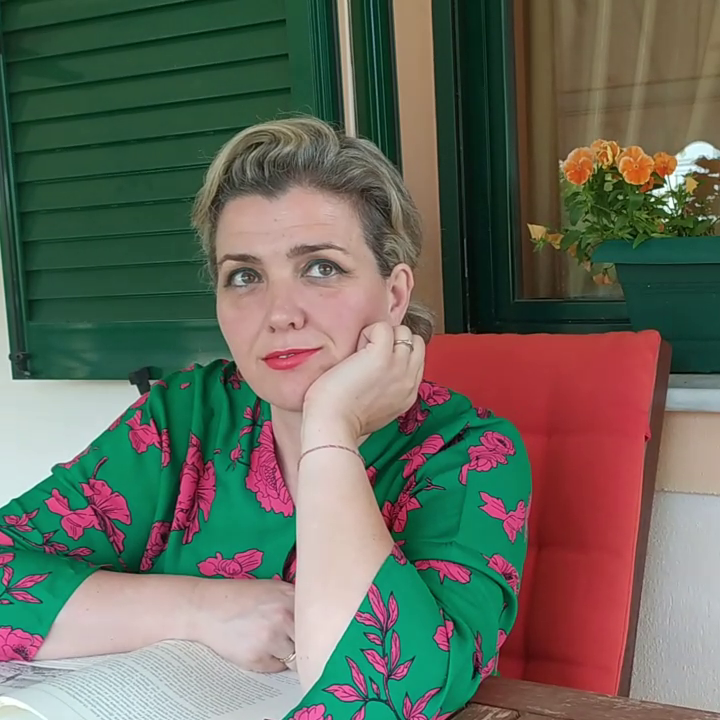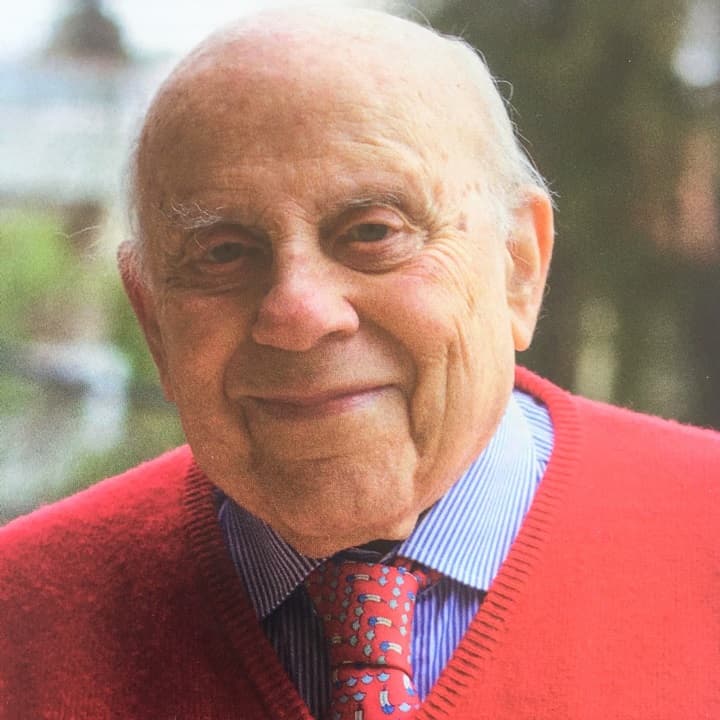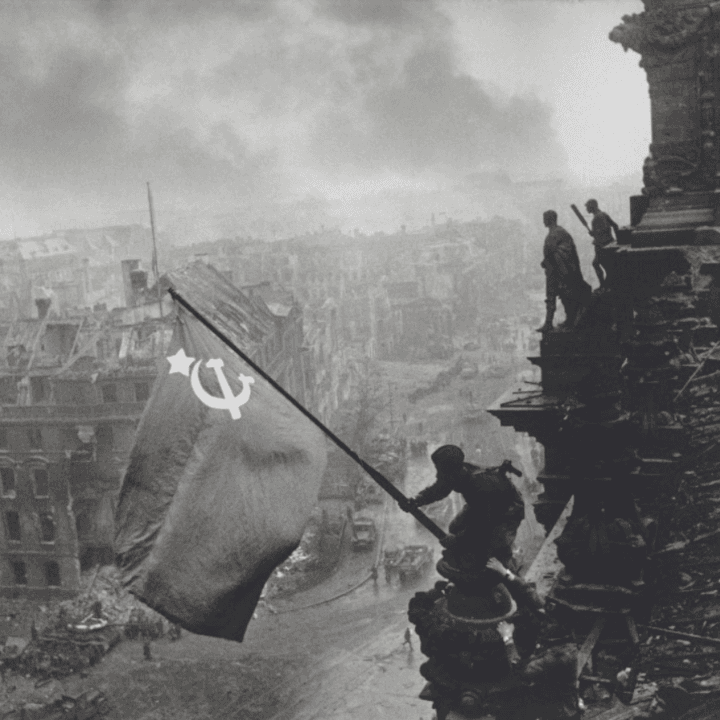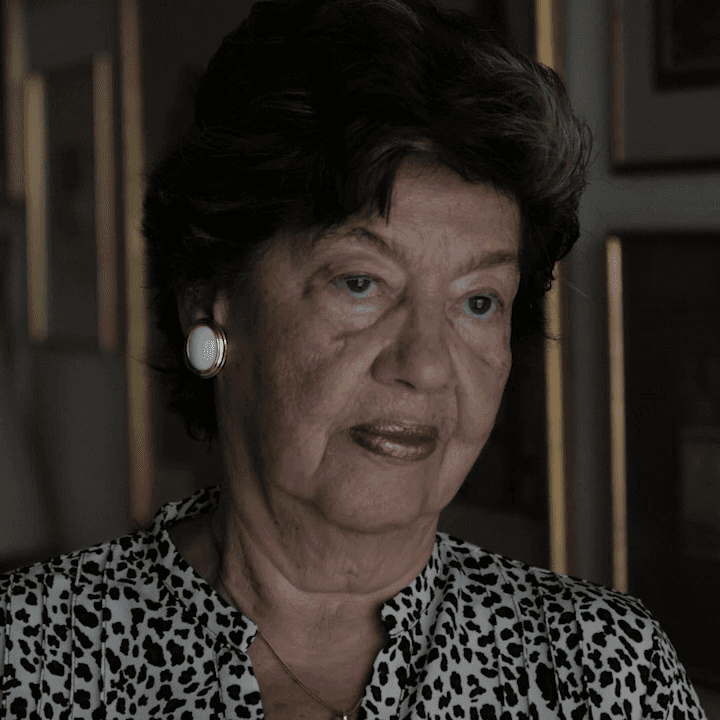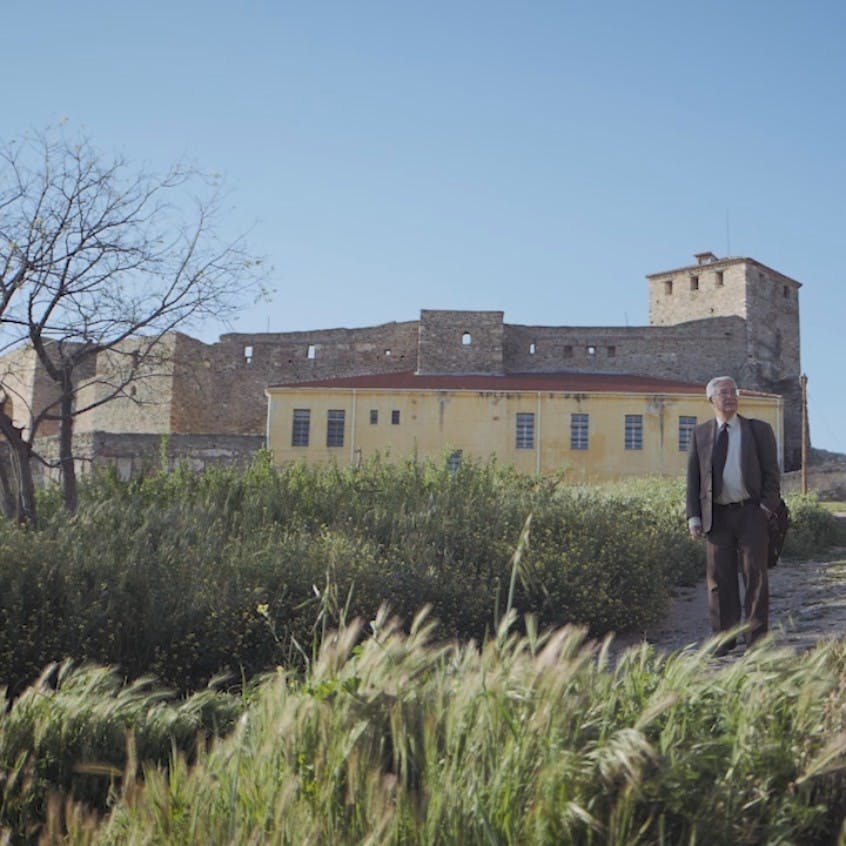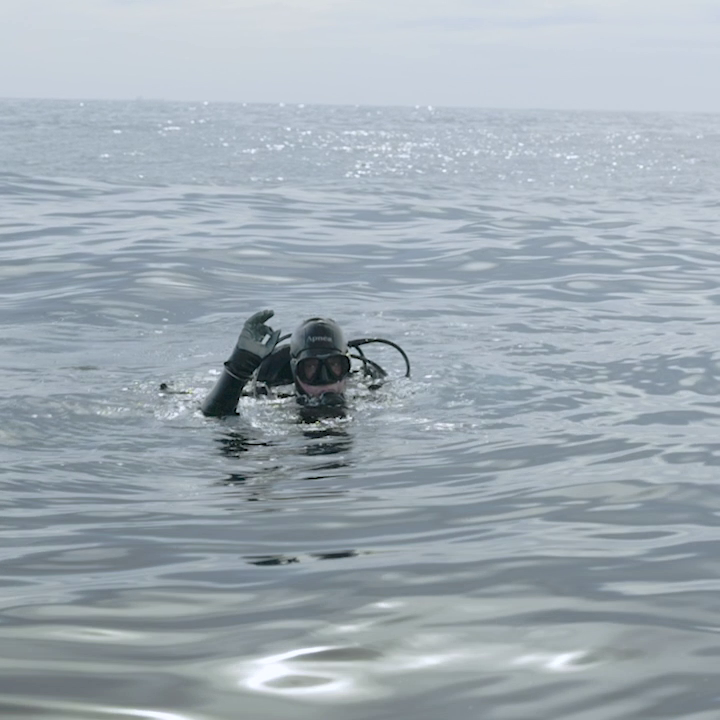I found myself conscripted to command the airport during the last days of the dictatorship in Greece. And the order came to open the airport for the flight of Giscard d’Estaing, who was flying in Konstantinos Karamanlis from Paris, where he had been living in exile. No plane was allowed to fly, not even Olympic Airlines. Only conscripted Olympic Airlines planes flew. But the order came.
Officially, the dictatorship had not yet fallen. I had a decision to make. I asked the American ambassador, saying to him, ‘What can I do now?’ He answered, ‘Look, if this works, you’ll be the hero who acted alone. If it doesn’t work, you’re heading for a court martial for high treason. The only thing I can do for you’, he said, ‘is you have your passport with you. I will inform the commander at the base to have an American uniform and a movement order for you as an American officer, so you can leave on a military plane. From there you can ask for political asylum, get married, do what you want, but don’t stay here’, he warned me, ‘I don’t know how all this is going to pan out’.
The airport was flooded with people, there was a mass of people in the square where the car park was, where the road was. It was absolutely teeming down there, some had even got onto the runway. From what they were telling me, the whole avenue, almost as far as Daphni, was jam packed. Cars had broken down and no one could move, it was completely blocked.
The plane arrives; the door opens... Ah, in the meanwhile, I had to control the crowd, so they didn’t fall onto the plane and get sliced up by the engines. I couldn’t find anyone, not a police officer, not a constable, no one. I got together some customs guards, some customs officers, some of our staff, and staff from the restaurant, and we joined hands to keep the steps of the plane clear so he could descend. Karamanlis came down, and he was an emotional wreck.
Once he was down, I went up to him, and once we had kissed, I said to him, ‘Look, you can’t get out up there, there are too many people. I’ve arranged for you to go inside and go out on the west side, and from there, they will take you onto the coast road, which they haven’t thought about. You can leave that way. I don’t know if you agree’. And he says, ‘Yes. Now, if you want’. Ah, and he recognised me, and said, ‘You’re always under my feet. Whether I’m going or coming, here you are!’ And I say to him: ‘If you want my opinion, because there’s a crowd gathered, come to my office, which has a balcony facing them, and greet them’, I said, ‘Don’t run away. You should be seen’, I told him. The others said, ‘No. Let’s get out of here’. But he says, ‘He’s right. Let’s go’.
So we went. We had to go down because we had to go into the subway; the runway, the subway, and take the lift to the fourth floor where the offices were. As I was closing the lift door, two or three people charged at the door, pulling it to get in. I pushed them so they couldn’t. And then suddenly I hear Karamanlis, from where he was, ‘Hey... Go to hell! Get the hell out, so we can close the door’.
We go up to the office. I open the curtain for him, turn on the light, and I say, ‘Go on out’. ‘You come, too’, he said. I replied, ‘Why should I come? Am I a politician? They didn’t come to see me. You,’ I said, ‘they are all here for you, not me’
He went out, and everyone shouted, ‘He’s coming!’ And as soon as they saw him, you heard a united, ‘He’s here!’. When I heard Karamanlis saying ‘I’m here!’ I welled up. Karamanlis came back in, in tears as well, and looked at me.
